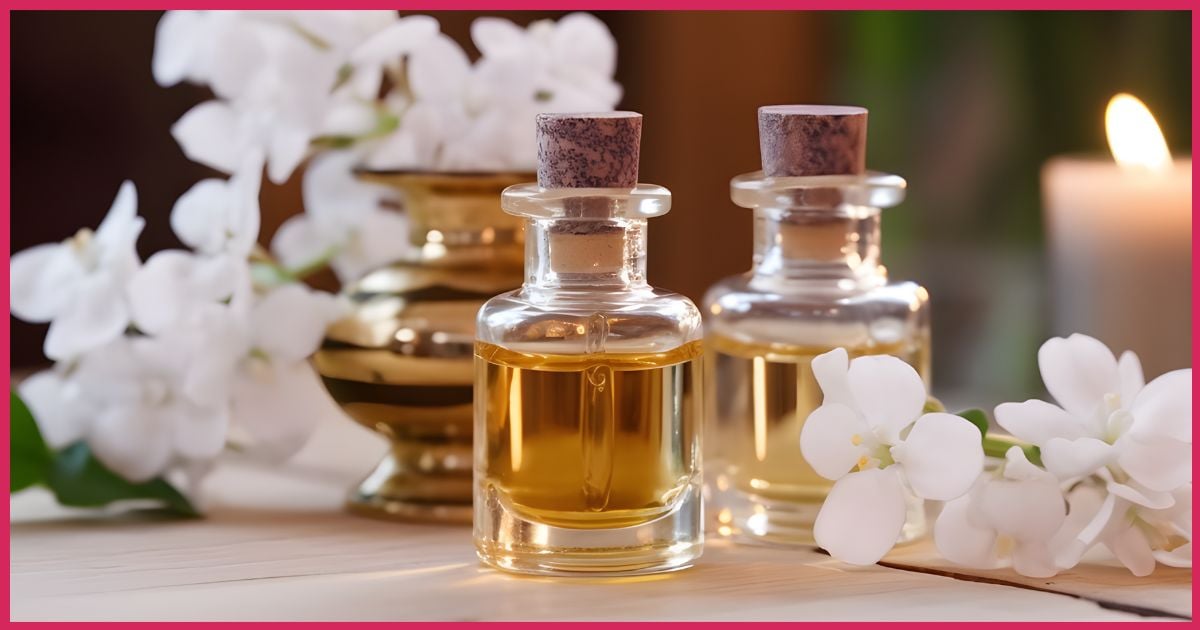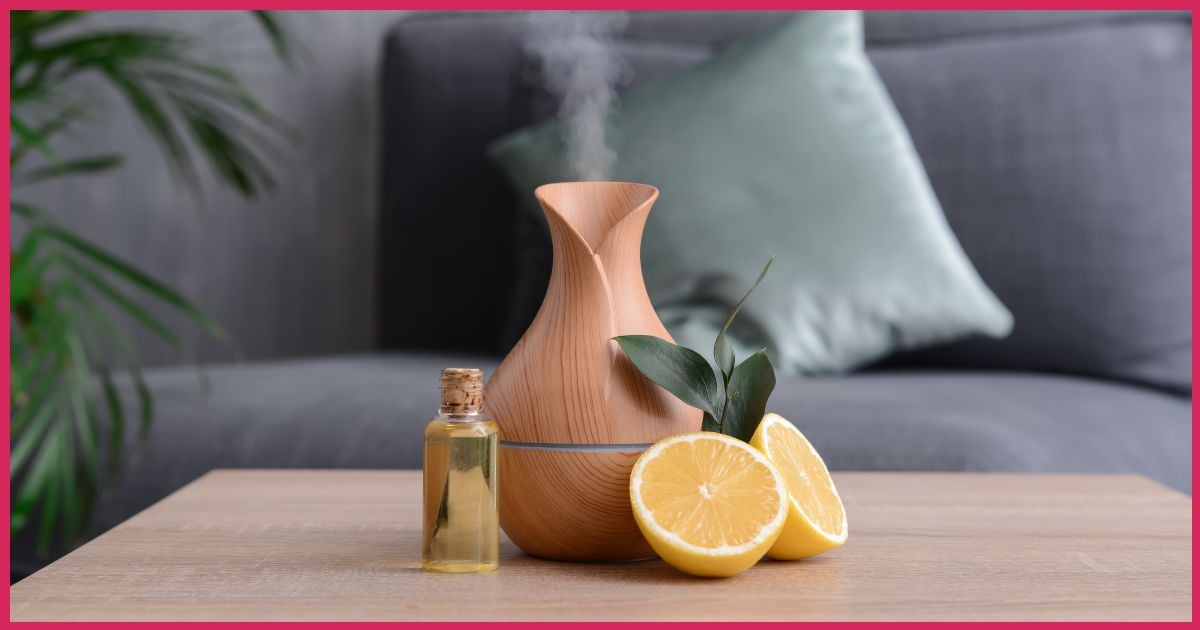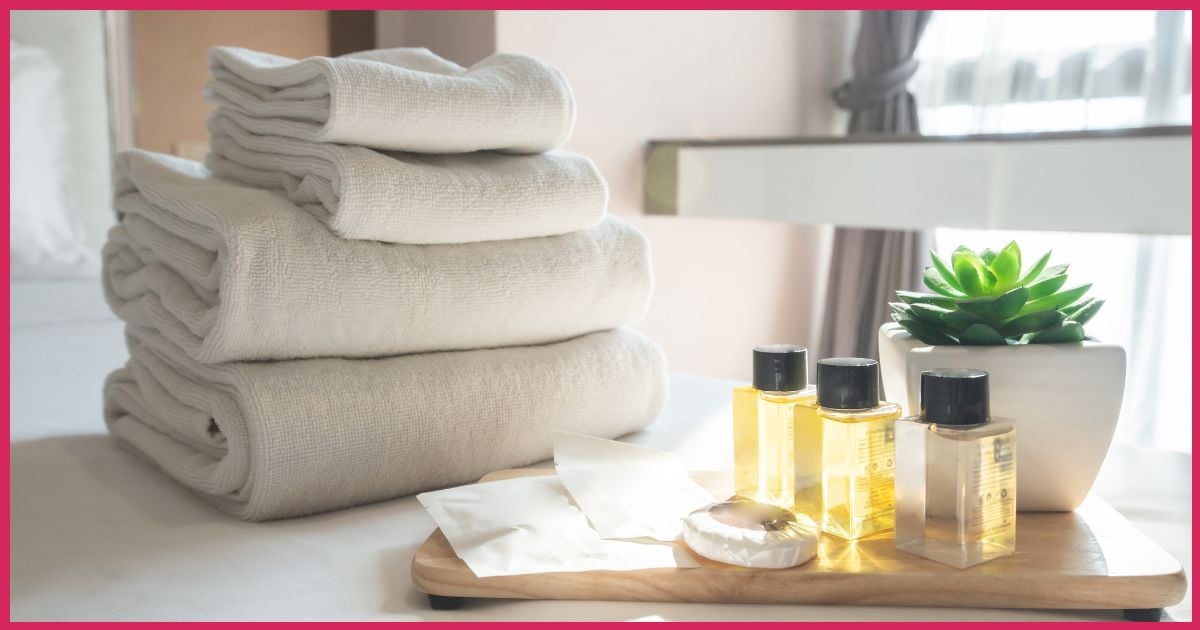Why Do Hotels Smell So Good? Unveiling the Secrets of Signature Scents
When stepping into a hotel lobby, one of the first impressions is often its distinctive fragrance. The question 'how do hotels smell so good?' is often asked. The welcoming aroma is no random occurrence; it's a carefully crafted element of the hotel's ambiance. High-quality hotels recognise that a good scent has the power to enhance the guest experience, creating a memorable and appealing atmosphere.
The secret behind this pleasant olfactory experience lies in the art of scent branding. Hotels use signature scents that are harmoniously blended to evoke positive emotions and create associations with luxury and cleanliness. These fragrances are often subtle, avoiding overpowering notes that could detract from their sophisticated feel. They might include a variety of ingredients, from soothing sandalwood to invigorating citrus, tailored to complement the hotel's brand and design aesthetics.
Effective hotel scenting can impact a guest's mood and behaviour, and serve as a trigger for fond memories upon future recollections of their stay. The strategic use of scent is a testament to hotels' understanding of the sensory impact on the overall guest experience. Scent experts often aid hotels in developing these custom fragrances, ensuring they leave a lasting, favourable impression.
The Role of Scent in Hotels
In hotels, the purposeful use of scent is a meticulous strategy designed to enhance guest experience. This carefully curated olfactory environment plays a pivotal role in establishing an ambiance and fortifying a hotel’s identity.

Creating an Atmosphere
Hotels utilise fragrance to create a specific atmosphere, amplifying the sense of luxury and relaxation. The right scent can make lobbies and rooms feel more inviting, supporting the hotel's efforts to create a particular ambiance that aligns with the guest's expectations of comfort and care.
Signature Scents and Brand Identity
A signature scent can be a powerful part of a hotel's brand identity, distinguishing it from competitors. Bespoke fragrances are often used to foster a unique olfactory experience, reinforcing the hotel's identity to create a memorable brand association in the minds of guests.
Scent's Impact on Emotion and Memory
Scents have the profound ability to evoke emotions and memories. Hotels leverage this by selecting scents that can improve mood and energy, aiming to leave lasting impressions that guests associate with their stay—thus enhancing the overall customer experience.
The Science of Smell
The science of smell is deeply interwoven with scent marketing within hotels. The human sense of smell is linked to the emotional centre of the brain, which means that the appropriate scent can directly influence guests' perception and create an emotional connection, promoting retention and brand loyalty.
Characteristics of Hotel Scents
The scents that envelop guests as they enter a hotel are carefully selected blends of fragrance notes, designed to be universally appealing and contribute to the establishment's ambience.

Common Fragrance Notes
Hotels often utilise a symphony of fragrance notes to craft their signature scents. These can include:
- 🍋 Citrus notes: such as lemon and neroli, to convey a sense of freshness and cleanliness.
- 🌲 Woody notes: such as sandalwood and cedar, offering a warm and inviting foundation.
- 🌸 Floral notes: including lavender and jasmine, for their relaxing and luxurious qualities.
- 🍃 Herbaceous notes: like white tea, appreciated for their subtle, soothing properties.
- 💼 Rich notes: such as leather and musk, to add depth and complexity to the fragrance profile.
Each note is selected for its ability to harmonise with the others, creating a memorable and pleasant olfactory experience for guests.
Appealing to a Broad Audience
Hotels aim to present fragrances that are not only indicative of their brand but also:
- Inclusive and sophisticated: They strike a balance between being distinctive yet not overwhelming, ensuring that the fragrance appeals to a wide range of preferences.
- Timeless: Classic notes like vanilla and black tea are often incorporated to resonate with a diverse clientele and create a sense of familiarity and comfort.
By combining these elements, hotel fragrances become an invisible part of the guests' experience, subtly enhancing their stay without becoming a distraction.
Scenting Techniques and Technologies
Hotels utilise a variety of scenting methods and advanced technologies to create inviting atmospheres. These techniques are designed to provide consistent and subtle fragrance experiences throughout hotel environments.

Diffusers and Sprays
Diffusers play a pivotal role in hotel scenting strategies by dispersing fine mists of fragrance oils into the air. They are available in multiple sizes, catering to spaces ranging from small lobbies to entire floors.
For instance, ultrasonic diffusers use vibrations to create a fine mist, while nebulising diffusers do not require water, directly atomising the essential oils for a more intense scent.
Room sprays are another accessible option, commonly used for quick fragrance application. They offer immediate scent gratification but tend to be short-lived compared to other methods.
HVAC Scent Systems
HVAC scent diffusers integrate directly with a hotel's heating, ventilation, and air conditioning (HVAC systems) to distribute scents uniformly across extensive areas. These systems can efficiently blanket large spaces with a signature fragrance, creating a cohesive scent experience. Hotels opt for HVAC scenting because it helps mitigate issues with scent longevity and coverage.
Candles and Reed Diffusers
Candles, in addition to providing ambient lighting, serve as a source of scent. Quality candles made with essential oils release a gentle fragrance when lit, contributing to the overall mood of a space.
Reed diffusers comprise a simple, elegant scent solution that does not require heat or electricity. They consist of porous reeds that absorb scented oil from a container, allowing the fragrance to evaporate slowly into the air. Reed diffusers offer a constant smell and can be a perfect choice for smaller spaces within a hotel, such as bathrooms or individual rooms.
Scented Products and Areas
Hotels carefully select fragrances for their scented products and key areas to enhance the guests' experience. These scents are chosen for their ability to create a welcoming atmosphere and are typically refreshed regularly by housekeeping teams to maintain a consistent fragrance profile throughout the hotel.

Toiletries and Linens
The toiletries provided in hotels, such as shampoos, conditioners, soaps, and body lotions, are often infused with unique blends of aromatic ingredients. They're designed to leave a subtle, lingering fragrance on the skin, as well as on the linens. The choice of scents for these products is deliberate, aiming to evoke a sense of luxury and relaxation. Housekeeping ensures that the same scents are present in all guest rooms to provide a seamless olfactory experience.
Bathrooms and Guest Rooms
The bathrooms and guest rooms are areas where the scent is not just an afterthought but a pivotal aspect of the guest's experience. These spaces are commonly refreshed with room sprays and diffusers that emit fragrances complementing the toiletries. Housekeeping staff play a crucial role in maintaining these scents, ensuring that the pleasant aromas greet guests each time they enter the room.
Spa and Sanctuary Areas
Spa and sanctuary areas within hotels are often where the olfactory journey peaks. They use a wide array of scented products, from incense to essential oil diffusers, creating a multisensory experience that promotes relaxation and well-being. Guests might find the air filled with soothing notes of lavender, invigorating citrus, or the grounding scent of sandalwood. These areas are meticulously managed to ensure that scents enhance the therapeutic atmosphere.
Factors Influencing Hotel Fragrances
The fragrances that permeate the spaces within hotels are carefully curated, influenced by a blend of interior design elements, regional flavours, and an unwavering commitment to cleanliness.
The Influence of Interior Design
Luxury hotels place immense importance on interior design to create an atmosphere of comfort and exclusivity. The selection of hotel fragrances is often designed to complement these elegant interiors, enhancing materials such as rich hardwoods or soft textiles. Such scents are subtle yet distinct, promoting an ambience that resonates with the overall visual aesthetic.
Cultural and Regional Preferences
The choice of scent can vary significantly depending on cultural and regional tastes. For example, a hotel in the Middle East may infuse its lobby with notes of oud and spices, reflecting local preferences and traditions. In contrast, a hotel in a tropical location might opt for fresh citrus and coconut to evoke a sense of place.
Maintaining Freshness and Cleanliness
A clean and fresh environment is foundational to the guest experience. Hotels employ commercial-grade detergents and cleaning protocols to ensure spaces are free of moisture and unwanted odours. But beyond cleanliness, there's an art to maintaining a fragrance that aligns with the hotel's brand image—whether that's the freshness of cut flowers or the crispness of sea breezes.
Hotels Known for Distinctive Scents
Many hotels have turned to signature scents to elevate the guest experience. The best smelling hotels are, of course, subjective. But there are a few brands that tend to stand out among the rest. These unique fragrances not only enhance the ambiance but also serve as a powerful branding tool, evoking pleasant memories long after check-out.

Westin and White Tea
The Westin hotel chain has become synonymous with its white tea scent, a decision aimed to energise and refresh guests. This distinctive aroma, composed of white tea with hints of woodsy cedar and vanilla, is designed to create a calming atmosphere throughout the hotel's properties.

W Hotels and Sensory Experiences
W Hotels are renowned for offering a multi-sensory experience, with a keen focus on unique scents to create an unmistakable identity. Their choice of fragrance is bold and eclectic, emblematic of the W brand's philosophy to surprise and intrigue guests.

Ritz-Carlton and Bespoke Fragrances
The Ritz-Carlton, on the other hand, opts for bespoke fragrances tailored to encapsulate the luxury and elegance that define their brand. With custom-blended scents, they provide a sophisticated sensory journey that complements their commitment to unrivalled hospitality.
Consumer Response and Nostalgia
Engaging the senses through carefully curated scents, hotels evoke feelings of nostalgia and foster a memorable customer experience that resonates on a personal level.
Scent as a Marketing Strategy
Hotels leverage scent marketing as a potent strategy to differentiate their brand. By infusing lobbies and rooms with unique aromas, they aim not just to please guests but to create a distinctive identity. This practice taps into the guests' sense of smell, which is strongly linked to memory, to enhance branding efforts.
Creating Lasting Impressions
A signature scent can leave a lasting impression on guests, often subconsciously evoking memories of luxury, relaxation, and comfort long after their stay. For instance, the smell of sandalwood might be associated with a posh, tranquil environment, thus reinforcing a hotel's image of serenity and class. It can even play a part in sparking romance or a sense of fun, depending on the fragrance profile.
Connections with Luxury and Comfort
Luxury hotels, in particular, invest in developing a sensory environment that includes a signature scent — a symbol of opulence and quality. Custom fragrances are blended to transport guests to a state of relaxation, elevating the perception of the hotel and enhancing the overall customer experience. These scents often combine rich, indulgent notes that align with the hotel's image.




